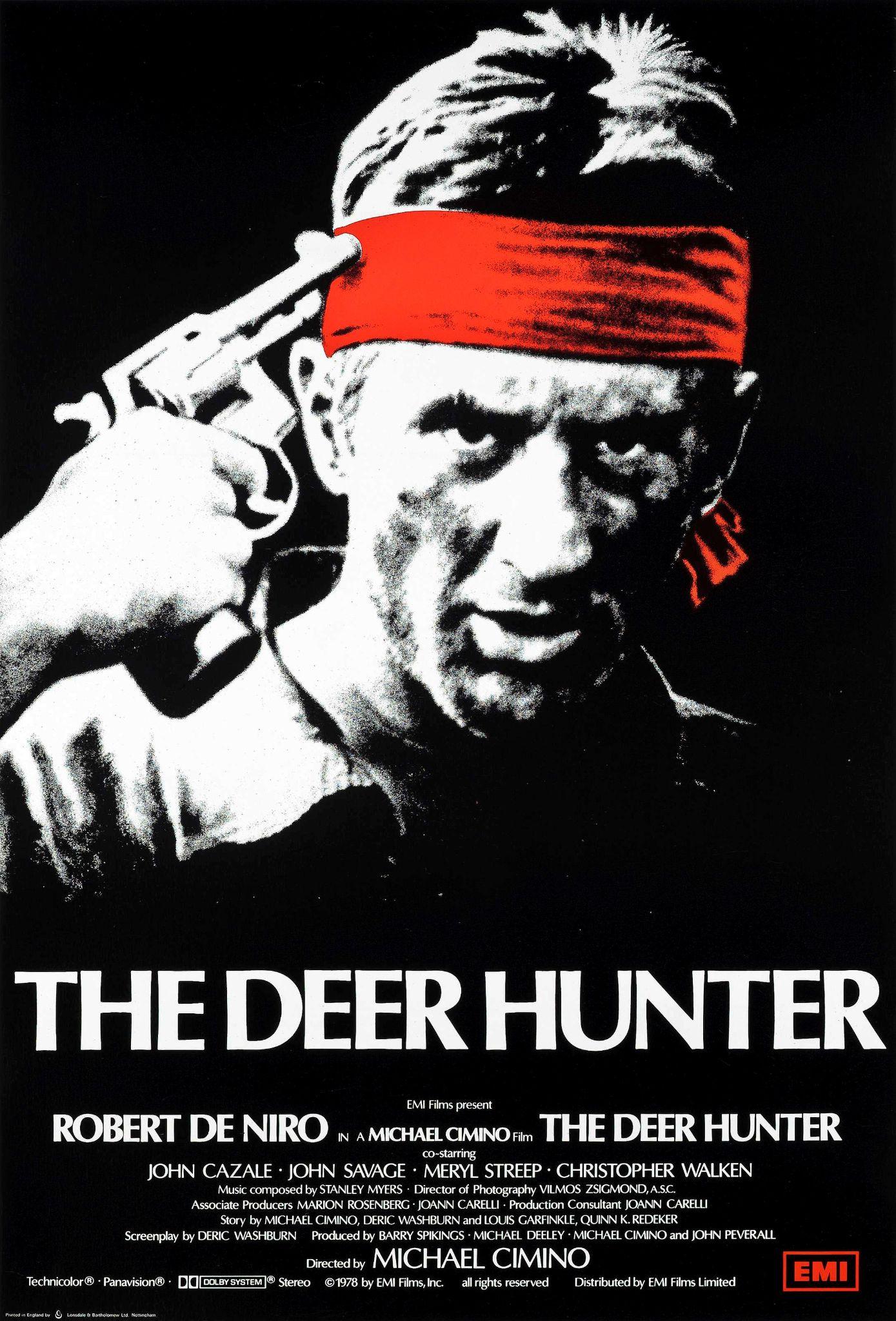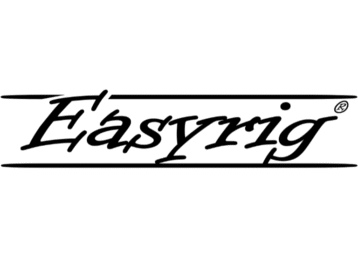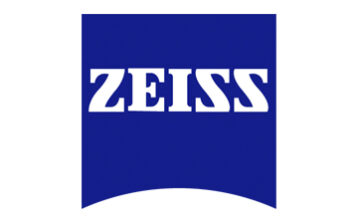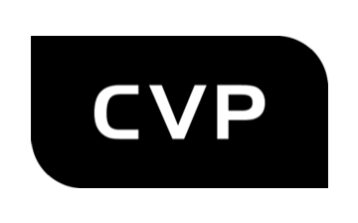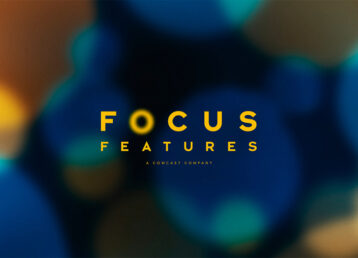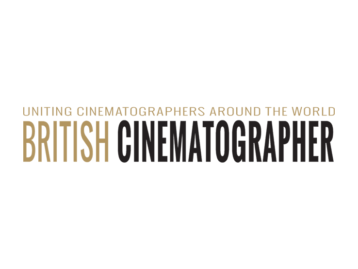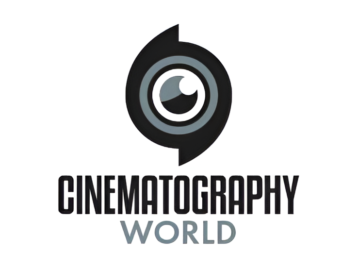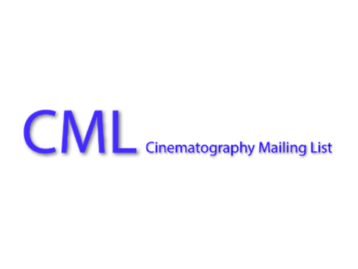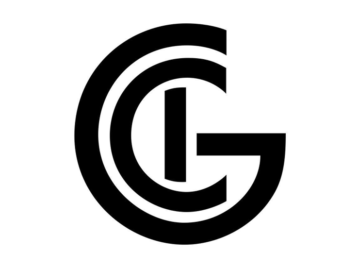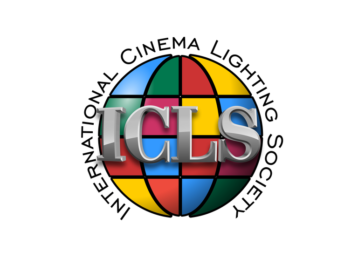For Suzie Lavelle, BSC, her journey into the world of filmmaking was guided by a diverse array of films that left an indelible mark on her approach to cinematography. Lavelle’s eclectic taste in cinema is evident in her choice of favorite films, which she describes as a “pretty weird mix.” However, delving into her selections reveals a common thread of appreciation for the power of the camera to capture raw human experiences and effect social change.
One of the pivotal moments in Lavelle’s cinematic education came through the works of Frederick Wiseman, the acclaimed American documentary filmmaker. Wiseman’s groundbreaking documentary Titicut Follies demonstrated to Lavelle the transformative potential of cinema. She was struck by the way Wiseman’s camera could observe without judgment, capturing intimate moments with a quiet intensity that allowed viewers to glimpse into the lives of his subjects. This approach, characterized by its unobtrusiveness and commitment to authenticity, inspired Lavelle to explore the possibilities of the camera as a tool for social commentary and change.
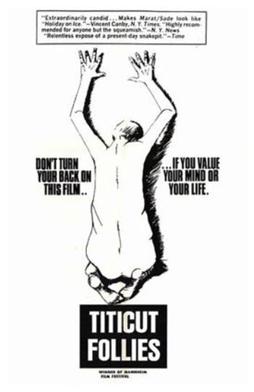
Contrasting Wiseman’s documentary style is Baz Luhrmann’s visually extravagant adaptation of Romeo and Juliet. Lavelle acknowledges the film’s theatricality and operatic grandeur as a departure from the observational realism of Wiseman’s work. Yet, it was precisely this departure that captivated her. Luhrmann’s bold fusion of vibrant imagery, dynamic storytelling, and intense performances resonated with Lavelle.
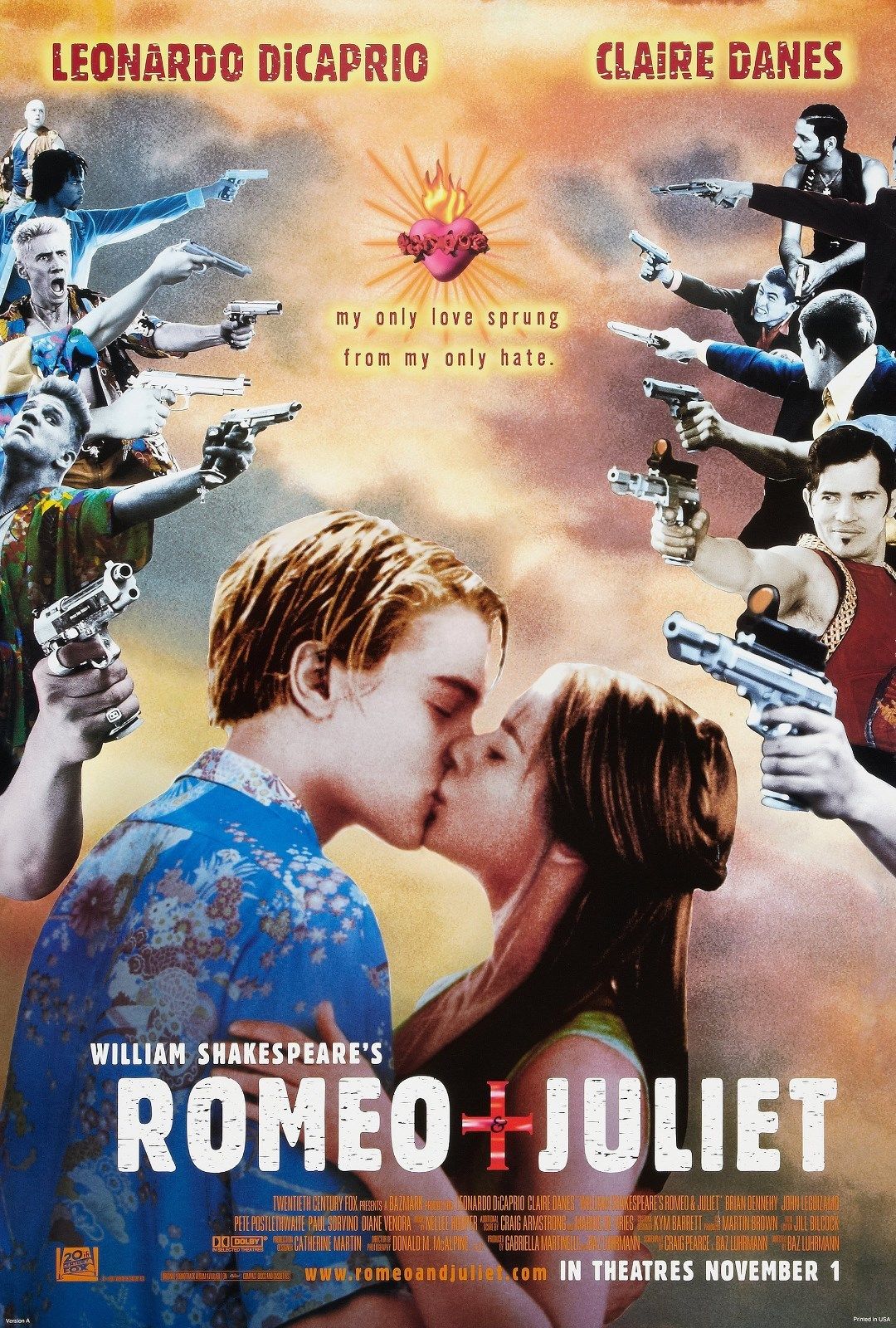
In addition to these contrasting influences, Lavelle cites Michael Cimino’s epic drama The Deer Hunter as another film that profoundly impacted her. Set against the backdrop of the Vietnam War, the film juxtaposes the tranquility of small-town America with the horrors of combat.
